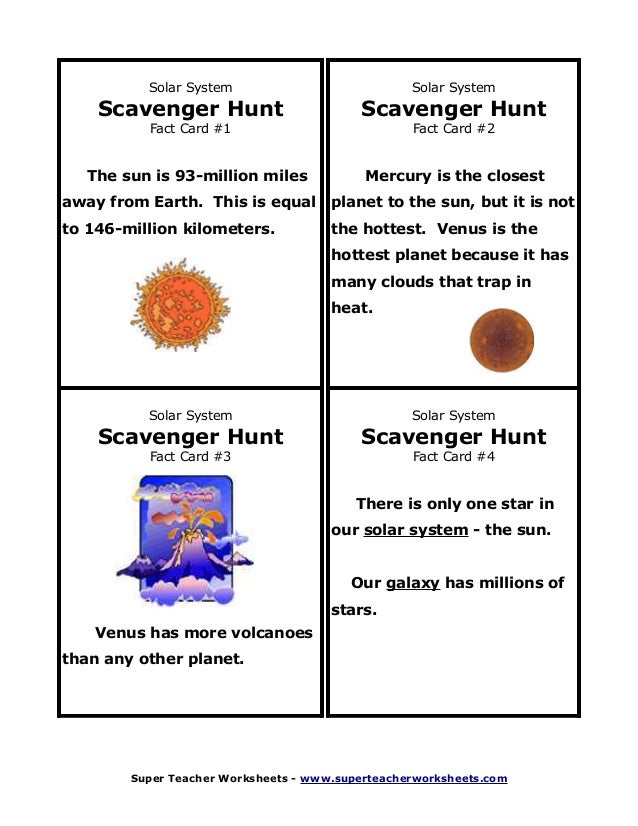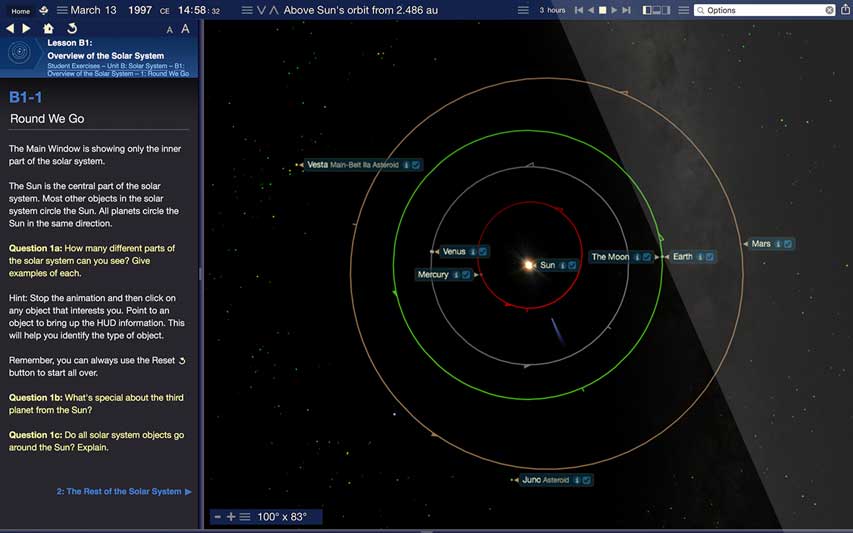Section 23 1 The Solar System Assessment Answers
Touring our solar system.
Section 23 1 the solar system assessment answers. Among the planets in our solar system earth is unique because water exists in all three states solid liquid and gas on its surface. Section 23 4 minor members of the solar system this section the characteristics asteroids. Chapter 23 solar system. Mercury venus earth and mars.
Learn vocabulary terms and more with flashcards games and other study tools. These planets have relatively low densities and are huge gas giants size is the most obvious difference between the terrestrial and the jovian planets the diameter of the largest terrestrial planet earth is only frac14. The solar system chapter 23 section 1 the planets. An overview terrestrial planet any of the earth like planets.
Reading strategy as you read this section write a definition for each vocabulary term in your words and enter it in the table. Small and rocky. Mercury venus earth and mars jovian planet the jupiter like planets. Ch 23 2 assessment 6 terms.
23 4 assessment 6 terms. It is the name for the collective body that is composed of the sun and everything that revolves around it including our own planet earth. 23 3 assessment 7 terms. Chapter 20 review questions 20 terms.
Chapter 23 touring our solar section 23 3 the outer planets this section describes ofjupiter saturn neptune and pluto. The diameter of the smallest jovian. The solar system was created by a rotating disk of dust and gases. Start studying chapter 23 vocabulary solar system earth science.
Reading strategy in the table write a brief summary of the characteristics of each planet. Jupiter saturn uranus and neptune. Learn vocabulary terms and more with flashcards games and other study tools. Section 23 1 continued why are the jovian planets so much larger than the terrestrial planets.
For more information on this reading strategy see the reading and study skills in the skills and. In the inner solar system the. The name given to the four inner planets. For more information on this reading strategy see the reading and study skills in the skills and reference handbook at the end of.
Start studying section 23 1 the solar system. According to the nebular hypothesis the planets formed from a rotating disk of dust and gases that surrounded the sun.













































